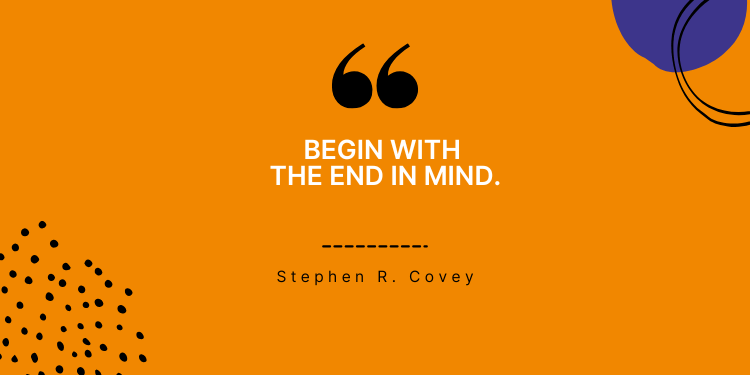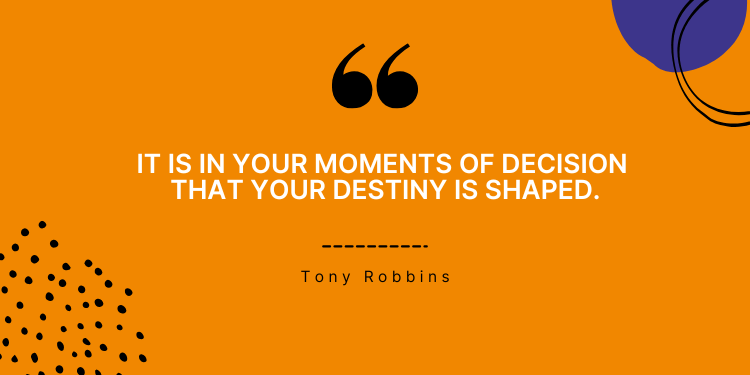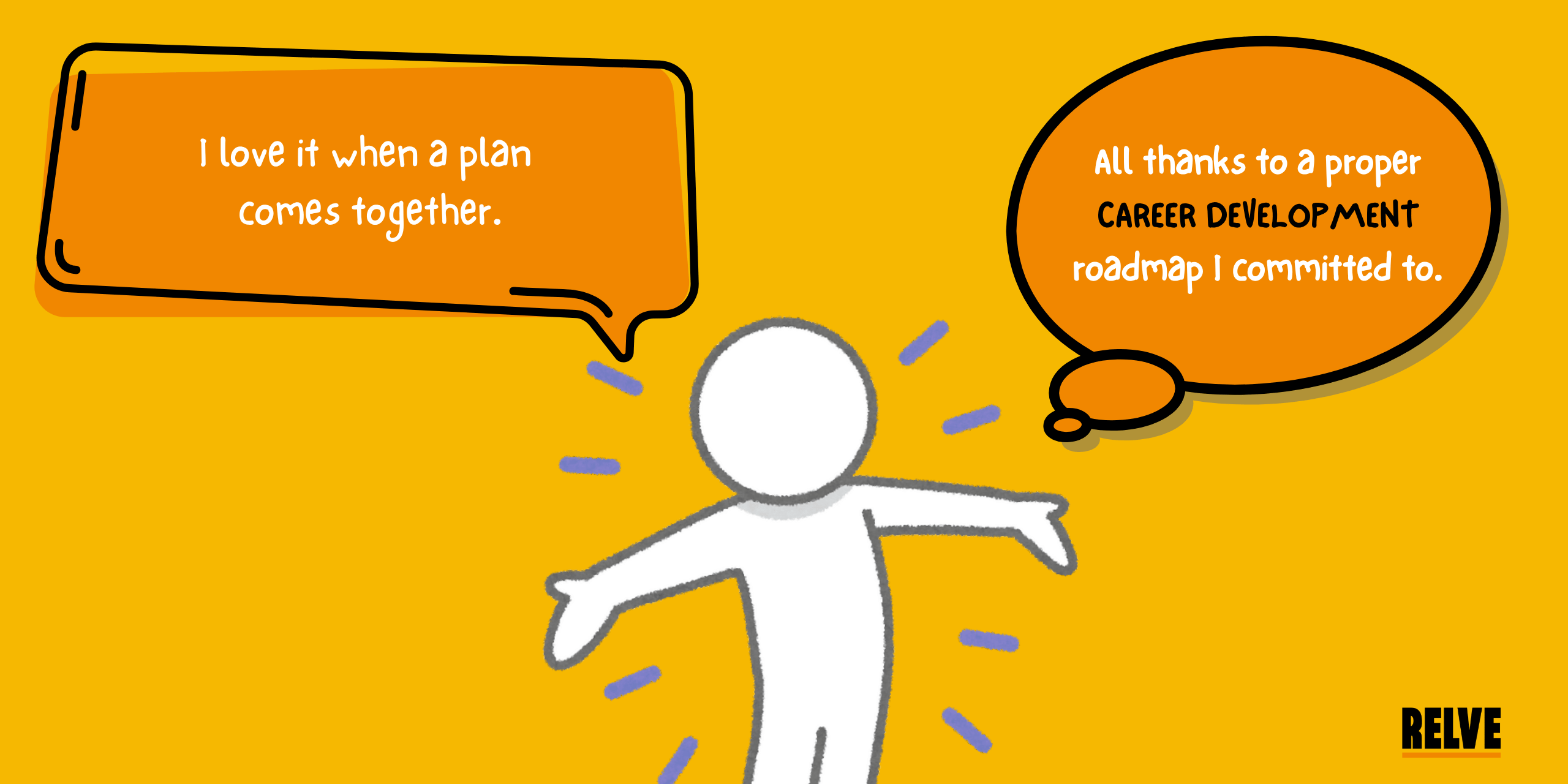Feel confused, overwhelmed, and maybe even a little lost when figuring out how to build up your career? Whether you’re just starting out or looking to level up, the journey can feel like riding a rollercoaster – thrilling, unpredictable, and sometimes downright terrifying. Developing your career development plan is no easy task, which is why most people decide to jump between jobs.
Let’s dive in and turn that career anxiety into an actionable game plan!
Top Fastest Growing Jobs in 2024
What is Career Development?
Simply put, career development is the lifelong process of managing learning, work, and transitions to move forward in your career. It involves setting goals, acquiring career development skills, and consistently refining your path to ensure professional growth.

In case you need clarity, here are a few things to ask yourself:
Why is career development important?
How does career development affect job satisfaction?
What financial benefit does career development offer?
What skills are strengthened through career development?
Next up, let’s explore the developmental stages to see where you currently stand.
The 5 Stages of Career Development: Where Are You?
Your career isn’t a straight line – it’s a dynamic journey with twists, turns, and unexpected opportunities. Understanding the different stages of career development helps you navigate challenges, set goals, and take control of your growth.
Let’s break down the five key stages of career development and how you can make the most of each one.
1. Exploration
| Career Exploration Phase | |
|---|---|
| Exploration is the self-discovery phase, where you explore career options, identify interests, and assess your strengths. It’s common for students, fresh graduates, and career changers. | |
|
🔹 Key Focus Areas
|
📌 Action Steps
|
2. Establishment
| Career Establishment Phase | |
|---|---|
| At the establishment stage, you’ve chosen a career path and are working to gain experience, build credibility, and hone essential skills. You’re learning the ropes, proving your capabilities, and laying the foundation for long-term success. | |
|
🔹 Key Focus Areas
|
📌 Action Steps
|
3. Mid-Career Growth
| Mid-Career Growth Phase | |
|---|---|
| You’re now at the mid-career growth stage. You’re looking for the next challenge. Whether it’s a promotion, career pivot, or leadership role, this stage is about strategic growth and long-term career planning. | |
|
🔹 Key Focus Areas
|
📌 Action Steps
|
4. Late Career
| Late Career Phase | |
|---|---|
| At the late career stage, you’ve mastered your craft and are seen as an industry expert. Now, the focus shifts to mentorship, leadership, and making an impact. | |
|
🔹 Key Focus Areas
|
📌 Action Steps
|
5. Retirement & Reinvention
| Post-Retirement Career Development | |
|---|---|
| Career development doesn’t stop at retirement! Many professionals pursue passion projects, consulting roles, or second careers to stay engaged and contribute their expertise. | |
|
🔹 Key Focus Areas
|
📌 Action Steps
|
How to Create a Career Development Plan
A career development plan (CDP) is like a GPS for your professional journey – it helps you set clear goals, navigate challenges, and track progress toward your career aspirations. Without a plan, you might drift from job to job without direction. But with a structured strategy, you can take control of your growth and turn your ambitions into reality.
Here’s a step-by-step guide to creating a powerful development plan that will keep you on the path to success. You can download it for easier recall:
Own Your Career Development Journey!
Dario Amodei, CEO of AI firm Anthropic, warns that AI could eliminate up to 50% of entry-level white-collar jobs within the next five years.
At the end of the day, your career is in your hands. No one else will plan it, push it forward, or make it a success for you – it’s up to you to take charge, make strategic decisions, and actively pursue growth.
Instead of waiting for opportunities to come your way, create them. Instead of hoping for success, build the skills, network, and mindset needed to achieve it. Developing your career isn’t a one-time event; it’s a lifelong commitment to learning, adapting, and thriving.
- Take Initiative: Invest in training, certifications, and mentorship opportunities.
- Stay Adaptable: The job market evolves—so should you. Keep learning and upskilling.
- Set Clear Goals: Map out your career path with a professional development plan.
- Seek Guidance: Surround yourself with mentors and professionals who inspire growth.
- Embrace Challenges: Every setback is a setup for a comeback—use obstacles as learning experiences.

The question is: What will you do today to move your career forward?
The best time to start was yesterday. The next best time? Right now.
